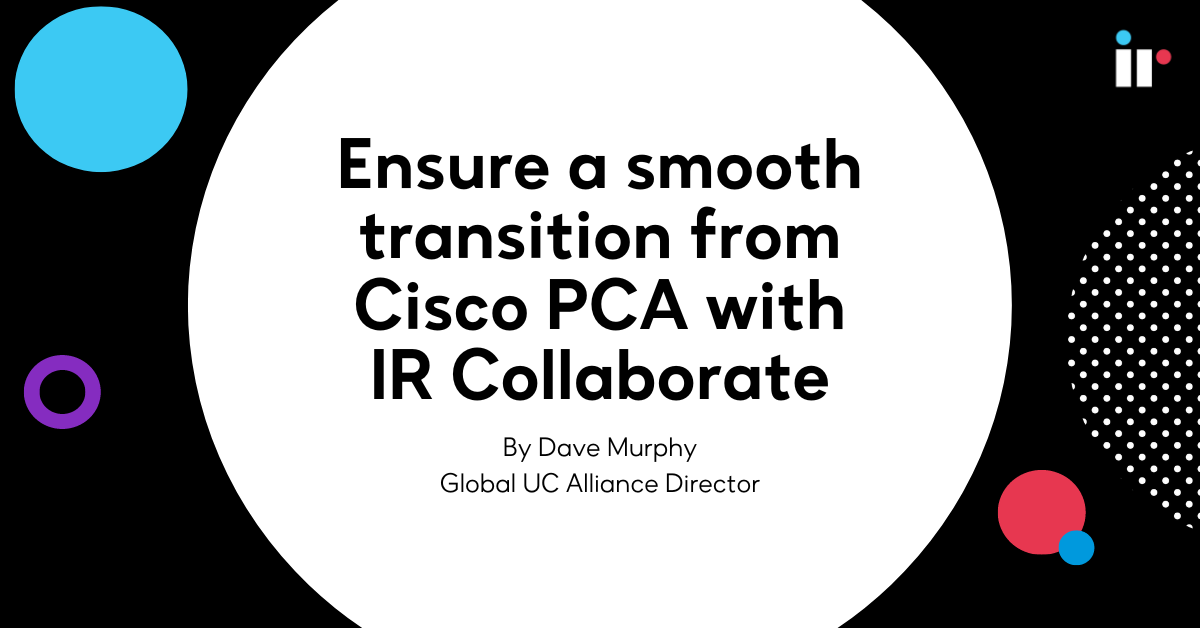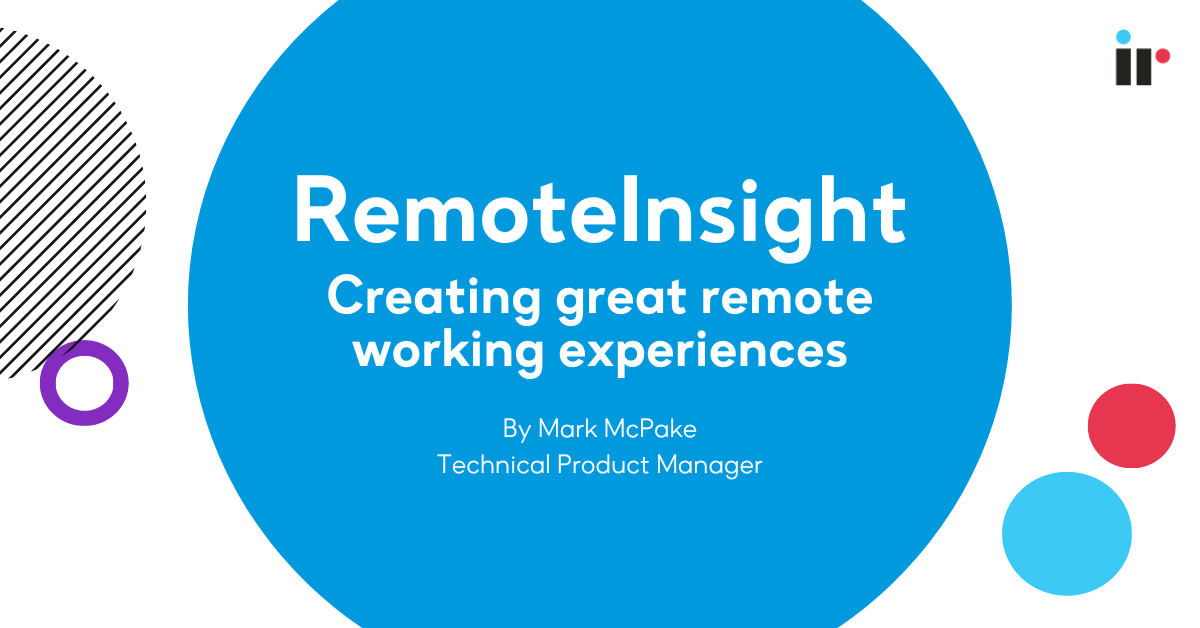Managed service providers (MSPs) are uniquely positioned to give support and advice to companies that are driving toward digital transformation. They can help their customers navigate the process, connect more seamlessly and work better.
Companies are under increasing pressure to become digital businesses. According to IDC, by the end of 2017 two-thirds of Global 2000 chief executive officers will have digital transformation at the center of their corporate strategy. And those who don't will be left behind.
By providing solutions like video collaboration, real-time chat and mobile channels, MSPs can enable their customers to do business better, faster and more cost-effectively. And, in so doing, they can take their relationship with their customers to the next level. Here are five ways that MSPs can enable more successful digital transformation for their customers.
Provide a Fantastic User Experience
MSPs should isolate problems and troubleshoot issues when they happen and before the customer experience is seriously affected. Imagine a customer is using a new video chat service and in some instances the stream is breaking up because of a bad network connection. When such an issue arises, the MSP can leverage performance-management systems to immediately figure out what's wrong and fix it. That may sound straightforward but it's not. Finding the glitch in an advanced communications system can be very complicated. MSPs that have the right tools in place can proactively monitor and test the quality and performance of digital transformation technologies and ensure that the platform availability is there at all times. This includes testing from the outside-in as well, not just inside the environment. As customers go down the road of transformation, they should be able to do so with the confidence that their MSPs can reliably deliver what's needed.
Manage the Innate Complexity of Digital Transformation
Most organizations today are not on a single, unified digital transformation platform. They're on disparate platforms from any number of different vendors. To succeed, they need to seamlessly monitor, manage and optimize this multi-vendor environment. For example, take a collaboration tool like Skype for Business, which can add a layer of complexity to an existing UC ecosystem—i.e., it's not so straightforward to manage everything together. The ROI for Skype is hugely compelling, yes, but if a company has to spend time and resources to learn a new system and manage it that ROI can diminish rapidly. MSPs, on the other hand, know how to integrate all the moving parts—the hardware, software, network components, gateways, phones, headsets—to get the most out of a system like Skype for Business. The MSP can focus on managing the complexity, freeing the customer to focus on reaping the benefits.
Deliver Cost-effective Infrastructure
The core infrastructure needed to power digital transformation is often quite costly and complex, requiring solutions from many different vendors up and down the technology stack. This includes everything from managing the network for web chat to rolling out mobile solutions to implementing the middleware needed to bring all the pieces together to enable true digital transformation. MSPs have deep experience in handling such complex technology platforms on behalf of clients. They can help companies embark on a digital transformation without having to make all the up-front investments of money and time in researching solutions for their infrastructure.
Become a Value-add Managed Service Provider
In today's hypercompetitive environment, it's not enough for an MSP to be solely an infrastructure provider. Yes, customers for years have gone to MSPs to outsource the technology platform but now those same customers want their MSPs to help manage the solutions that enable the digital transformation. Take video collaboration tools, for instance. Companies are looking to MSPs to help them achieve more with these technologies—to better engage with their customers and radically improve performance. And MSPs can take advantage. As more companies begin the digital transformation process, MSPs have an opportunity to provide value-added services above and beyond core infrastructure and become true business partners.
Grow the Digital Transformation Footprint
The good news for MSPs is that a digital transformation is a long-term initiative that takes place in increments. If an MSP can help a company successfully reshape one part of its business, it then has the proof point it needs to propose that the company repeat the process in other parts of its business. With help from an MSP, companies can quickly and seamlessly turn on digital transformation capabilities in new departments or satellite offices, versus trying to do it all themselves. As a result, MSPs can help customers accelerate their digital transformation while also enjoying economies of scale.
Increasingly, MSPs need to differentiate themselves in the market. After all, customers can go anywhere to get a dial tone. Staying relevant isn't about what you do—it's about what else you can do. MSPs that thrive going forward will be those that enable customers to focus on the business benefits of digital transformation, not just the nuts and bolts of technology.






